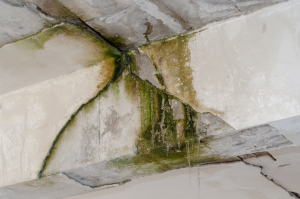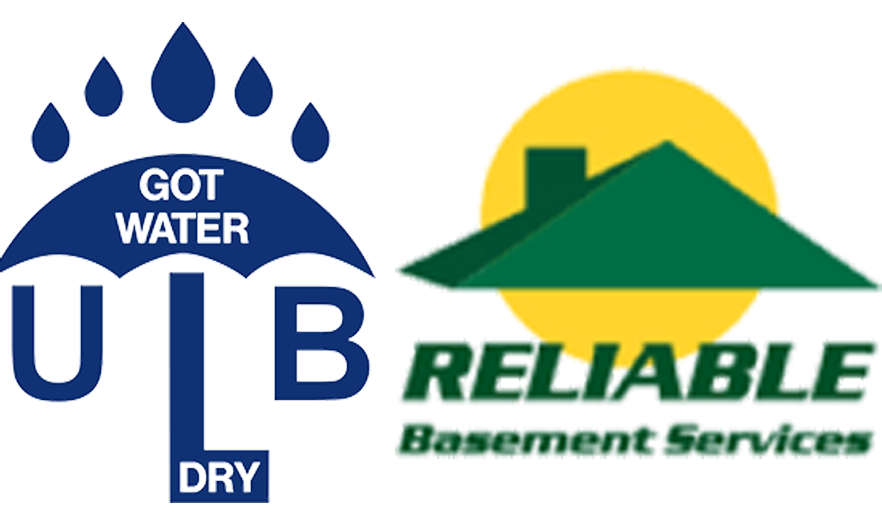
At some point or another, you’ve probably heard the phrase “basement waterproofing”. The question is: do you know what basement waterproofing is all about, and do you know why it’s important?
If not, and if you’re interested in knowing, then you’ve landed in the right place. Below, we’re going to discuss the importance of waterproofing a basement in Des Plaines, helping you determine whether it’s right for your home.
What Happens if You Don’t Waterproof Your Basement?
There are a number of different things that could happen if you fail to waterproof your basement. The most common consequences include the following:
Your Basement Could Flood
Perhaps the biggest consequence of not waterproofing your basement is that your basement could flood. This occurs in situations in which substantial rainfall accumulates in short amounts of time. If the basement has any cracks in its walls, this rainfall can seep into the basement, resulting in flooding.
Fortunately, there are a number of ways to prevent this from happening. You can patch up basement wall cracks, install a sump pump, install drain tiles, implement a basement waterproofing membrane, and more. The more you do to waterproof your basement, the less risk of flooding you’ll face.
Mold Can Grow in Your Basement
Where water goes, mold soon follows. As such, if you’re allowing water to make its way into your basement, you’re soon going to have mold in your basement as well.
Mold is problematic for a number of reasons. Not only is it aesthetically displeasing, but it could also potentially cause sickness. Those who are allergic to mold will suffer a variety of symptoms, including congestion, runny nose, rashes, coughing, sneezing, and more.
While waterproofing your basement won’t eliminate all risk of mold, it will certainly help eliminate a lot of that risk. We recommend repairing foundation cracks, installing a sump pump, implementing drain tiles, and keeping your basement mold-free.
Your Basement Can Take on a Musty Smell
Another consequence of failing to waterproof your basement is the appearance of musty smells. These musty smells are generally caused by a combination of dust and mold — two entities that are highly attracted to standing water. As such, the more water your basement takes on, the mustier your basement will be.
The key to preventing these smells is to keep water from seeping through foundation cracks, and to quickly remove any water that makes its way inside. To facilitate this, it’s recommended that you repair any existing cracks, and install waterproofing entities like sump pumps and drain tiles.
Methods for Waterproofing a Basement
There are several methods for waterproofing a basement. Generally speaking, the more methods you utilize, the better off your basement will be. Think of it this way: three lines of defense are better than one line of defense.
The primary methods of basement waterproofing include the ones discussed above (sump pump installation, drain tile installation, and foundation crack repair). Note, though, that your basement could also benefit from a basement waterproofing membrane, corresponding yard grading, and downspout extensions.
It’s best to contact your local basement waterproofing company and have them assess your property. They will be able to determine which waterproofing methods are necessary, and they can also implement them for you.
Need the Assistance of a Des Plaines Basement Waterproofing Company?
Are you interested in waterproofing your basement? Do you need the assistance of a Des Plaines basement waterproofing company? If so, ULB-Dry is here to help.
Our specialists have waterproofed countless basements throughout Des Plaines and its surrounding neighborhoods. Regardless of your waterproofing needs, our team can accommodate you.
Contact us today to schedule an appointment!





